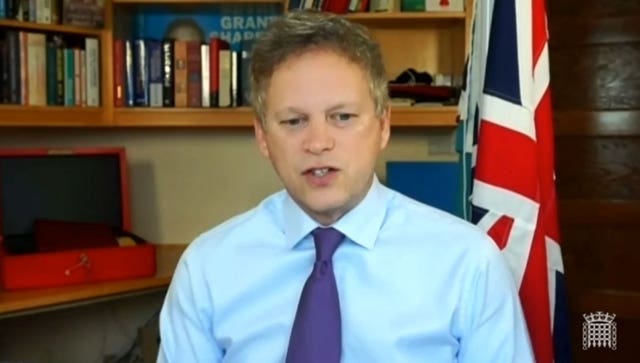
British Airways’ owner has become the first European airline group to commit to powering 10% of its flights with sustainable jet fuel by 2030.
International Airlines Group (IAG) said it will buy a million tonnes of sustainable aviation fuel every year, enabling it to cut its annual carbon emissions by two million tonnes by the end of the decade.
The company also announced it is the world’s first airline group to extend its net zero commitment to its supply chain.
It pledged to work with suppliers to enable them to achieve net zero emissions by 2050 for the products and services they provide.
IAG chief executive Luis Gallego said: “For more than a decade, IAG has led the airline industry’s actions to reduce its carbon footprint. It’s clearly challenging to transition to a low-carbon business model but, despite the current pandemic, we remain resolute in our climate commitments.
“Government support is critical to meet this target by attracting investment to construct sustainable aviation fuel plants that will deliver enough supply for the airline industry, creating highly valued green jobs and economic growth at global scale.”
Transport Secretary Grant Shapps said: “Just this week we’ve set the world’s most ambitious climate change target, and IAG’s agenda-setting commitment is clear evidence of the progress we are making.

“These kinds of initiatives, along with our work through the Jet Zero Council, will help us rapidly accelerate towards our net zero targets as we build back better out of the pandemic.”
Sustainable jet fuel is produced using materials other than crude oil, and produces around 70% less carbon emissions.
It is more expensive than traditional fuel, but it is hoped technological advances will reduce costs.
BA is investing in a scheme to generate jet fuel from household and commercial waste.
IAG, which also owns Aer Lingus, Iberia and Level, claimed that “with the right policy in place in the next 10 years” up to 14 plants producing sustainable fuel could be built across the UK, creating 6,500 jobs and saving 3.6 million tonnes of carbon per annum.


Comments: Our rules
We want our comments to be a lively and valuable part of our community - a place where readers can debate and engage with the most important local issues. The ability to comment on our stories is a privilege, not a right, however, and that privilege may be withdrawn if it is abused or misused.
Please report any comments that break our rules.
Read the rules here